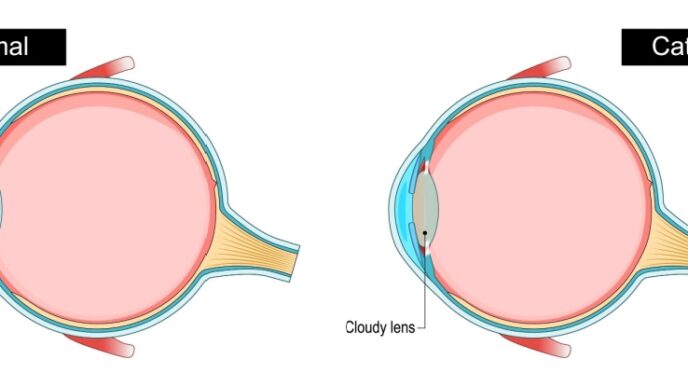A sore throat is often the first sign of a respiratory illness. Usually, you come down with a cold or the flu. But, did you know less common conditions such as strep throat and tonsillitis also cause a sore throat?
In the case of a cold or the flu, a sore throat usually disappears or improves after 1-2 days. Then, you begin experiencing a runny nose, watery eyes and other symptoms.
STREP THROAT?
You know for sure that your sore throat is caused by a cold or the flu when you start having other symptoms like runny nose, sneezing, cough, headache, body aches and fever.
When you have a severe sore throat that doesn’t seem to go away even after 2 days, it is best to see your doctor. Your doctor may find signs such as white spots in your throat, fever and swollen lymph nodes in the neck – these signs suggest that you have strep throat. Strep throat is caused by a type of bacteria called group A streptococcus, hence the name ‘strep throat’.
Strep throat is usually more painful and lasts longer than your regular sore throat. It is important to seek proper medical attention if you suspect you or your loved ones have this condition, because it can lead to a serious illness called rheumatic fever. People with rheumatic fever often end up with damaged heart valves, which can result in heart failure.
OR MAYBE TONSILLITIS?
A very painful sore throat accompanied by swollen tonsils shows that you have tonsillitis. Tonsils are the soft tissues you find at the back of your throat. Your tonsils help you fight infection but in the process may end up getting infected and swollen.
Other telltale signs of tonsillitis are white or yellow spots on the tonsils, bad breath, fever, voice changes because of swelling, pain when swallowing, and swollen lymph glands in the neck.
HOW TO TREAT?
Generally, for colds and the flu, you have to let the infection run its course. But, there are some TLC ways of getting over cold and flu symptoms.
You can start by gargling with warm salt water or a mouthwash containing povidone-iodine to relieve your sore throat. Mouthwash containing povidone-iodine has been proven effective against viruses as well as inflammation.
In the case of strep throat, you will be given antibiotics to kill off the bacteria that caused the infection. You need to finish the antibiotics and stay away from your loved ones for 24 hours after starting the antibiotics.
For tonsillitis, taking cold foods like ice cream and shakes help to soothe your throat. You also need to avoid crunchy or spicy foods as these may make your sore throat worse.
For all the conditions above, drinking lots of warm water and soups, adequate rest and eating a healthy diet help with early recovery. Always see your doctor or go to the nearest hospital if you find your condition not improving or worsening despite taking medication.
References: 1. Kanagalingam J et al. (2015). Practical use of povidone-iodine antiseptic in the maintenance of oral health and in the prevention and treatment of common oropharyngeal infections. Int J Clin Pract; 69:1247-56. 2. WebMD. Available at www.webmd.com














